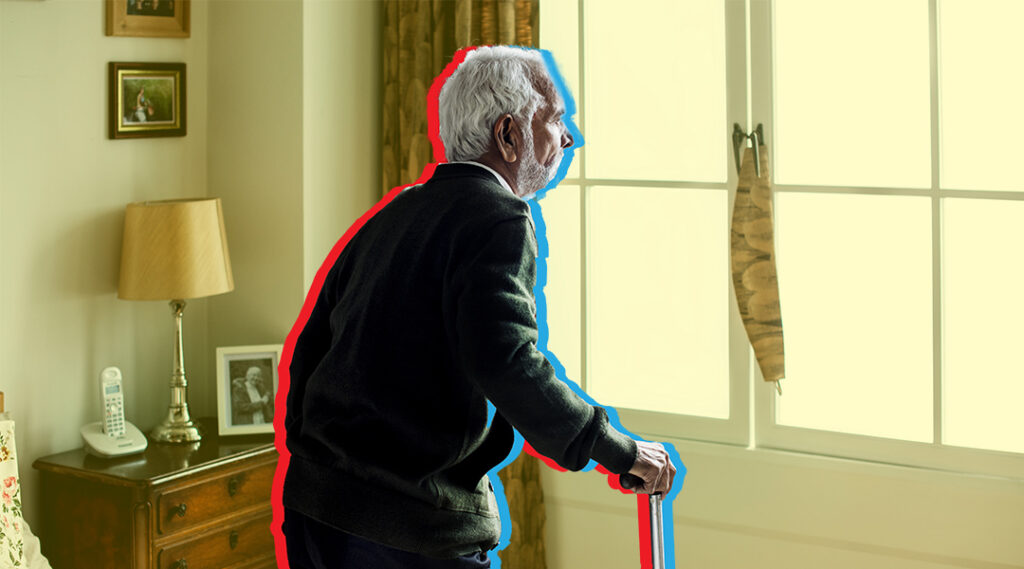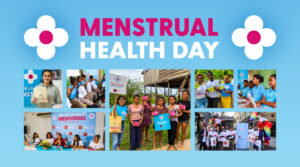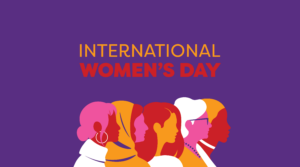As antiretroviral drugs have extended the lives of people living with HIV, they have faced the changes and difficulties that come with age. Mobility problems (difficulty walking, moving or doing certain activities) can also occur in people with the virus, and present a significant challenge for medical care.
Problems that come with age
Some analyzes carried out in the United States have estimated that almost half (45%) of people living with HIV reported having some form of disability, the most common being motor disability. This is how POZ magazine reports it, a New York publication that since 1994 has provided relevant information for people with the virus.
According to the data, the proportion of people with HIV and motor disability increased significantly as people reached 65 years of age.
Furthermore, after the age of 50, Afro-descendant men living with HIV are three times more likely to have a motor disability than white men of the same age. This difference based on ethnicity is only seen among men with HIV, not in the general population.
A life with obstacles
In geriatrics, maintaining mobility is considered one of the six key areas that must be addressed in order for people to maintain a good quality of life as they age. The other areas are mental well-being (in terms of thinking and reasoning), taking multiple medications (polypharmacy), living with multiple chronic diseases, modifiable risk factors (smoking, sedentary lifestyle, obesity, etc.) and any concerns that the older person may have.
In the care of these people, the doctor can consider three elements as warning signs: walking slowly, having limited movements and having difficulty getting up from a sitting position. These signs are taken as indicative of frailty, that is, the person might have more difficulty recovering after a short-term illness.
Although sometimes difficult to accept, diagnosing a mobility problem helps not only to address the cause, but also to recommend any supportive devices that can be used, such as canes, crutches, walkers, or wheelchairs. This happened to Yolanda, a resident of the Bronx, in New York, who has lived with HIV since 1996 and told her story to POZ.
Today, Yolanda is 67 years old. In 2018, he was diagnosed with a chronic and degenerative condition called spinal stenosis. The problem is that your spine is compressing on itself, crushing your nerves and creating bony bulges that cause you intense pain.
The woman, from a Puerto Rican family, needs a walker, but even so, she sits on the floor to play carts with her grandson. He says that since he was young he loved to walk, and today he continues to do so, although he covers less distance. Sometimes the pain prevents her from even leaving the house to buy groceries, so she often skips meals.
In the medical service, they prescribe opium derivatives to help her bear the pain, which occurs in times of crisis. Yolanda is very careful, because for years she was addicted to crack, although since 2009 she has remained sober. She is very careful not to relapse into addiction, since her father, her sister, and her partner of many years also had drug use problems and all died of AIDS-related causes.
Yolanda accepts her problem and has decided to continue living. Her grandson is her reason to struggle and to sit on the floor from time to time, even though she finds it so difficult to get up afterward that once she does, she has to lie down until the pain passes.
Talk to your medical team
If you have noticed any discomfort or impediment in your mobility, do not ignore it, they are not just “things of age”. Talk to your healthcare staff about this and ask for any checkups that are necessary to make sure a problem can be caught early.
The objective of antiretroviral treatment and comprehensive HIV care should be that people with this virus have a quality of life very similar to that of the rest of the population.
It does not matter how old you are, if you have received an HIV diagnosis and have not yet started your treatment, or if you stopped it and want to resume it, at AHF Latin America and the Caribbean we can help you. Locate our offices in your country or write to us by Whatsapp and make an appointment today.






